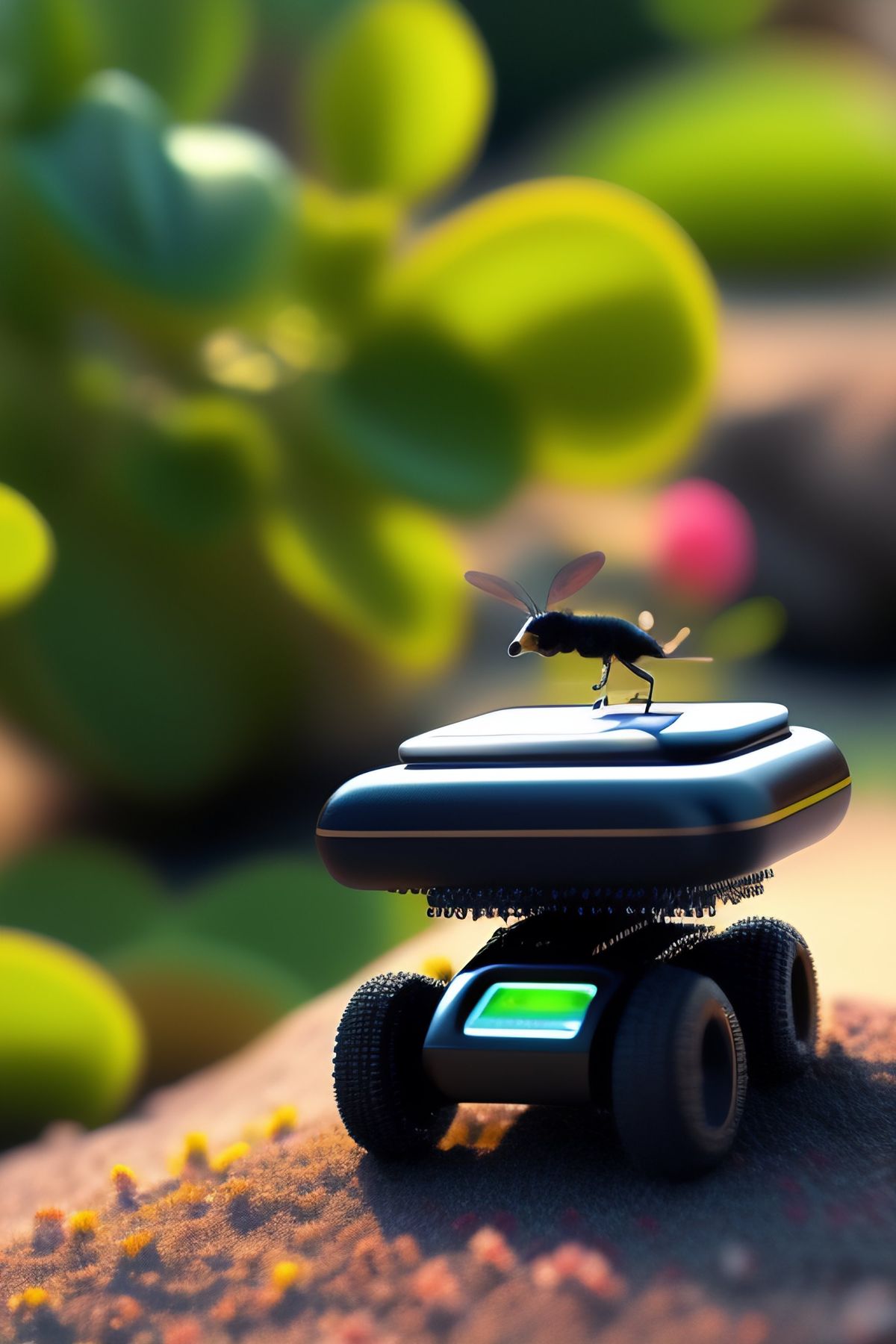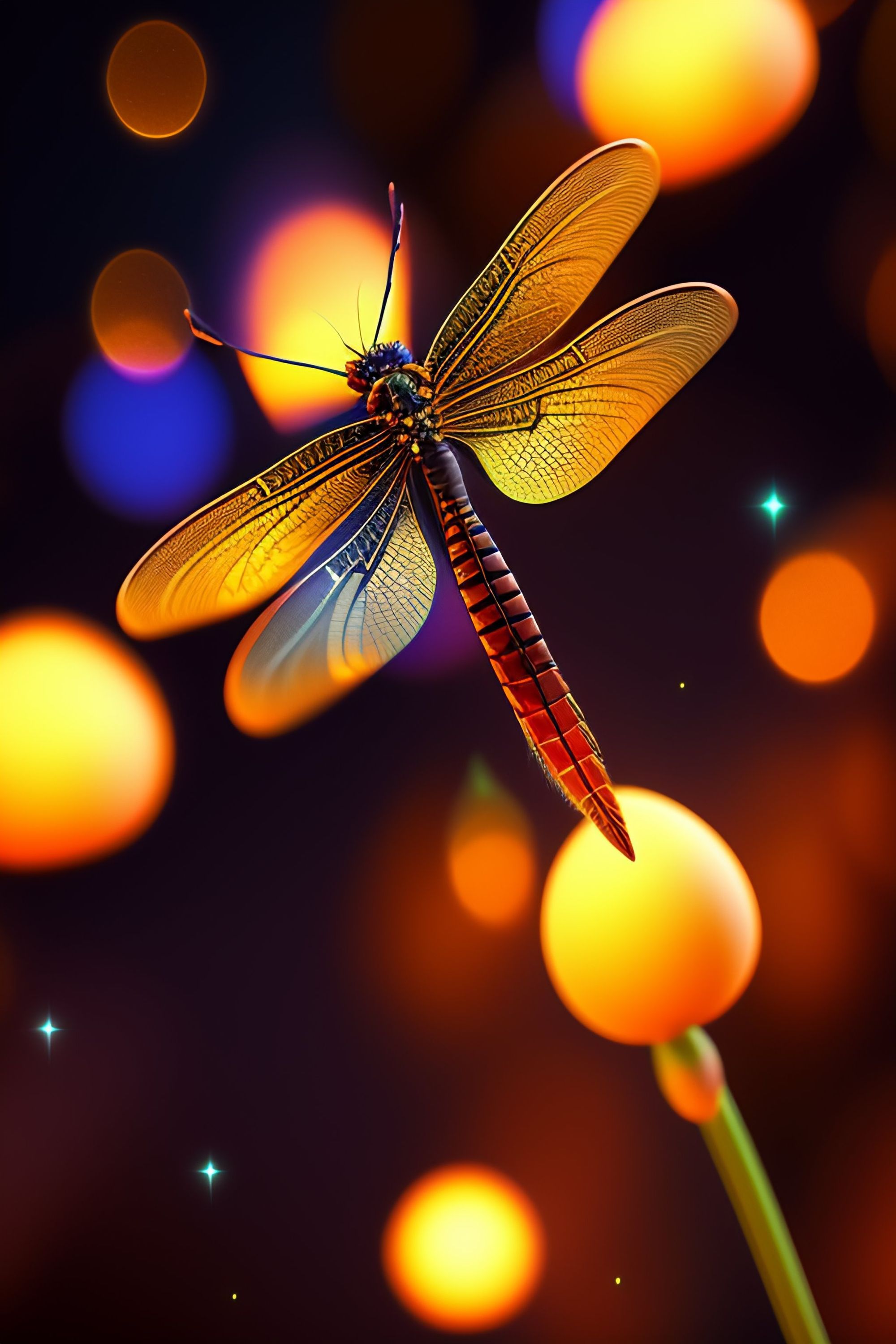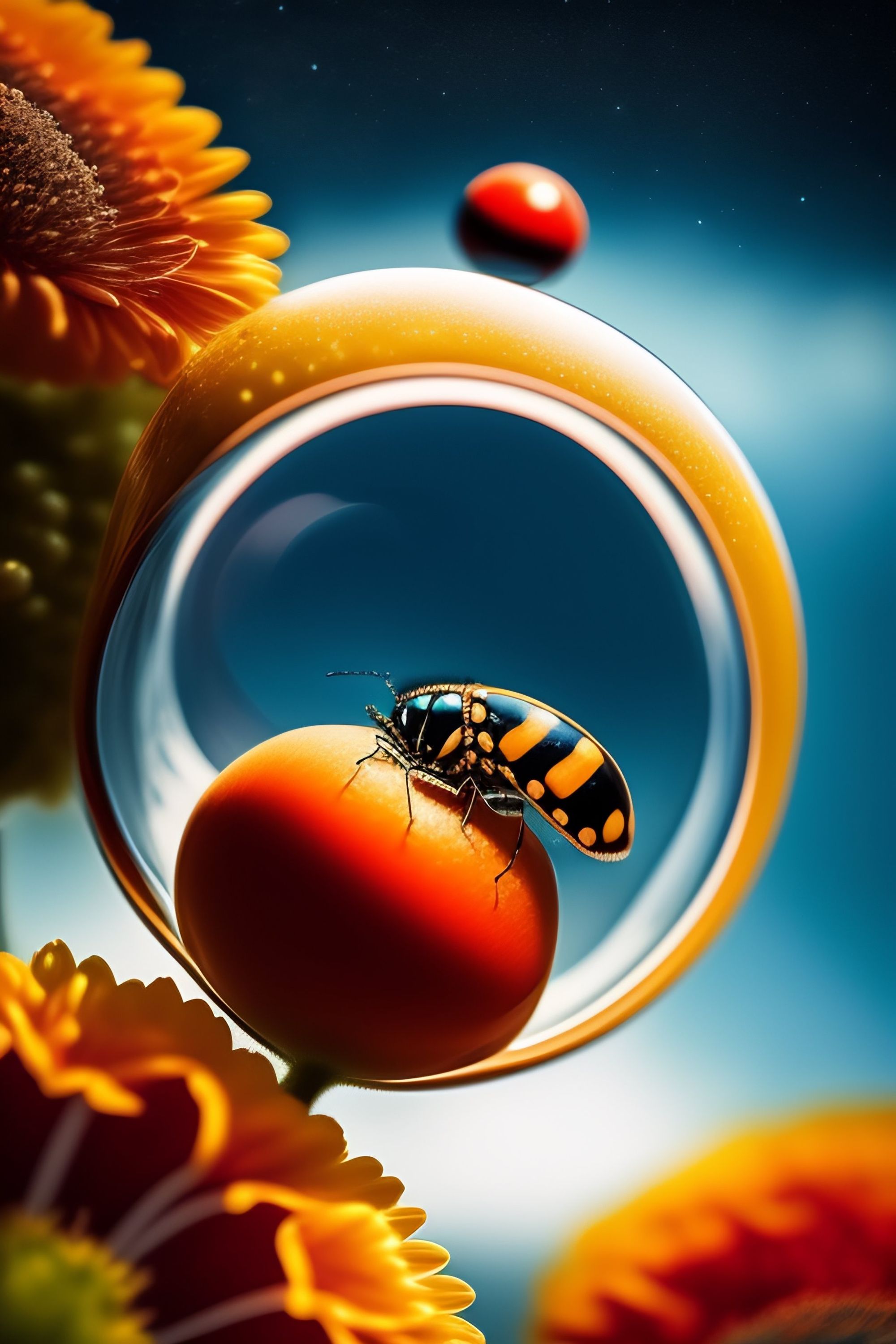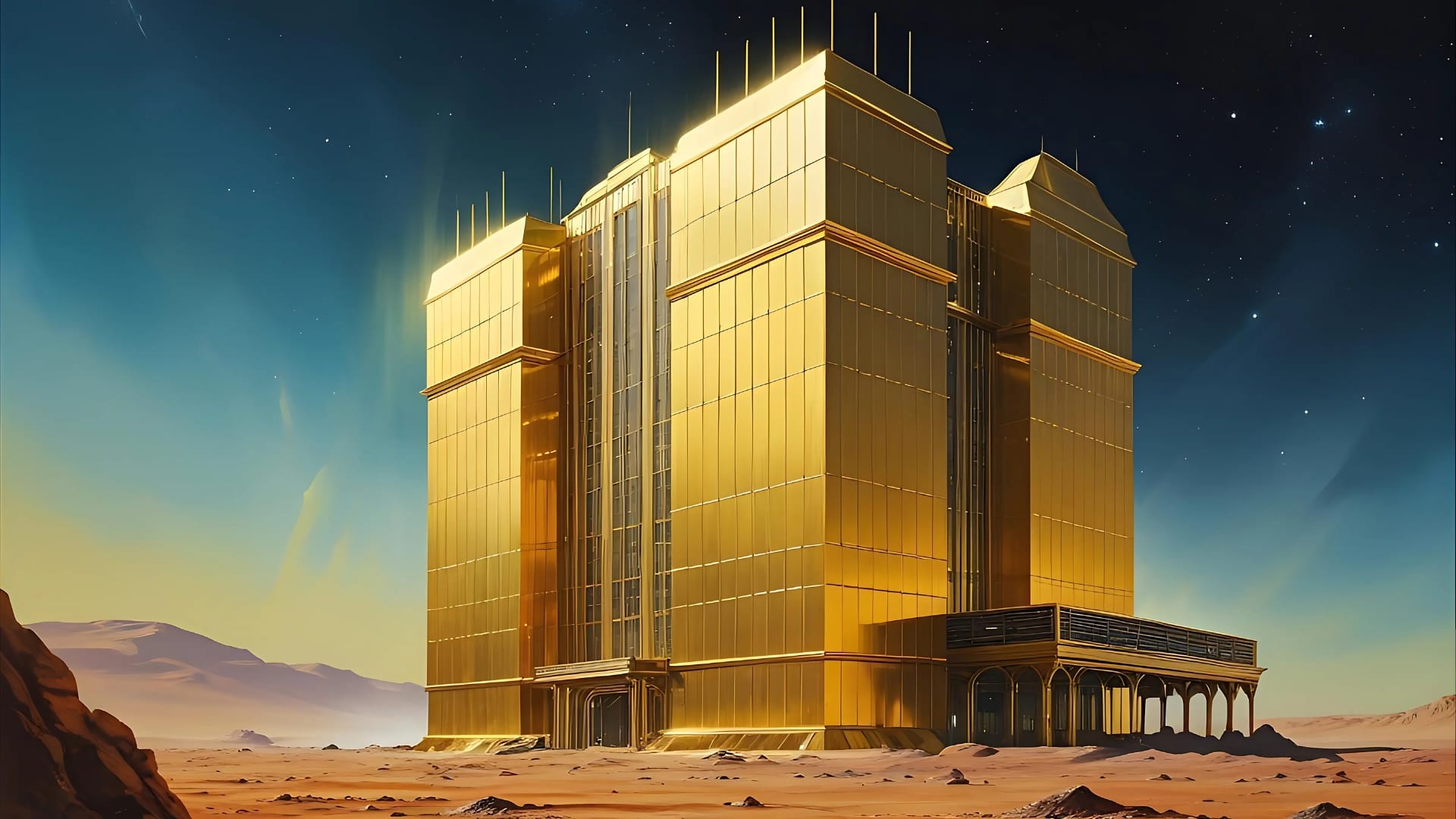Tiny Titans of Tomorrow: The Future of Insects and Their Ecosystems
This vital service helps maintain soil health and supports the growth of plants, which in turn nourish countless other organisms up the food chain.

In a world dominated by high-tech gadgets and the relentless pursuit of innovation, it's easy to overlook the small wonders that share our planet. Insects, often considered minor players in the grand scheme of life on Earth, are the tiny titans that hold the keys to the future of our ecosystems.
As "Digital Marketing Legend Srinidhi Ranganathan", with a passion for futuristic technologies, I can't help but be intrigued by the intricate roles these minuscule creatures play and the transformative changes they might undergo in the years to come.
The Unseen Architects of Ecosystems
At first glance, insects might seem insignificant, but they are the unseen architects of our ecosystems. They pollinate plants, ensuring the proliferation of our food crops and the diverse flora that sustains life. Bees, for instance, are responsible for pollinating a staggering 80% of flowering plants, including many of our agricultural staples like apples, almonds, and coffee. Without them, our dinner plates and morning brews would look decidedly barren.
But that's not all. Insects also serve as nature's waste disposal team, breaking down dead organic matter and recycling nutrients back into the soil. This vital service helps maintain soil health and supports the growth of plants, which in turn nourish countless other organisms up the food chain.

Challenges on the Horizon
However, the tiny titans face an uncertain future, as their ecosystems encounter unprecedented challenges. Climate change is altering the distribution of insect species, forcing them to adapt or migrate to survive. The loss of biodiversity and habitat destruction threaten many insect populations, pushing them to the brink of extinction.
Pesticides and pollutants further endanger these essential creatures. Chemicals that were designed to enhance crop yields can have unintended consequences, often causing harm to both target and non-target species. The decline in insect populations, often referred to as the "insect apocalypse," has raised alarm bells among scientists and conservationists alike.
A Glimpse into the Future
But let's not lose hope just yet. As a digital marketing legend exploring futuristic technologies, I see a glimmer of optimism on the horizon. Humanity's understanding of insect ecosystems is expanding, and innovative solutions are emerging to address the challenges they face.
One promising development is the use of robotics and AI to mimic insect behaviour for pollination and other ecological services. Autonomous drones designed to pollinate crops are already in development, offering a potential lifeline for our food supply. These technologies, inspired by nature's tiny titans, could revolutionize agriculture in the not-so-distant future.
Moreover, conservation efforts are gaining momentum, with organizations and individuals working tirelessly to protect insect habitats, reduce pesticide use, and raise awareness about the importance of these miniature marvels. Sustainable farming practices that prioritize the health of ecosystems over short-term gains are also gaining traction.

Embracing Our Responsibility
As we peer into the future, it's clear that our responsibility towards these tiny titans is immense. We must recognize the integral role insects play in our ecosystems and take action to ensure their survival. This involves reducing our carbon footprint, supporting sustainable agriculture, and advocating for policies that protect insect habitats.
In closing, while I may be a digital marketing legend with a focus on futuristic technologies, I believe all of us must appreciate the significance of insects in our world.
These tiny titans of tomorrow hold the key to the health and resilience of our ecosystems. By acknowledging their importance and taking proactive steps to safeguard their future, we can ensure that the intricate web of life on Earth remains intact for generations to come.





